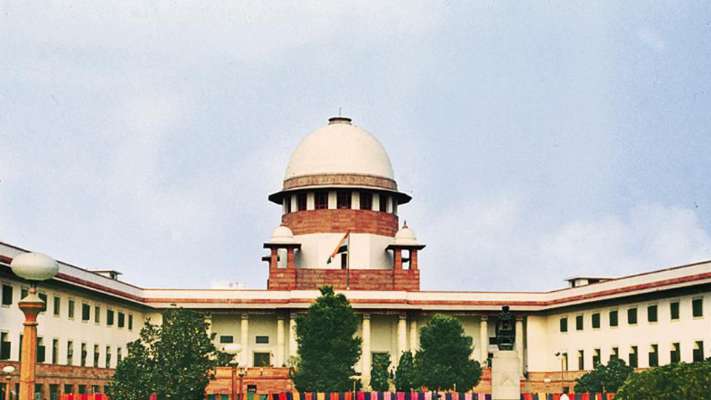Latest News
Back

Supreme Court Guideline Regarding Section 498A of Indian Penal Code, 1860

Hon’ble Supreme Court in Rajesh Sharma and others v. the State of Uttar Pradesh and another [AIR 2017 SC 3869] case gives direction to prevent misuse of Section 498-A, of IPC against the Husband and the relatives. Directions such as:-
- One or more Family Welfare Committees were to be constituted by the District Legal Services Authorities in every district. Every complaint under Section 498A received by the police or the Magistrate would then be referred to and looked into by such Committee which would within one month give its report to such committee. Till the report was received, no arrest would be normally affected.
- The complaints under Section 498A and other connected offenses may be investigated only by a designated Investigating Officer of the area.
- Further, in cases where a settlement is reached, the District and Sessions Judge or any other senior Judicial Officer nominated by him could dispose of the proceedings and close the criminal case if dispute primarily related to the matrimonial dispute.
- If a bail application was filed with at least one clear day's notice to the Public Prosecutor/ complainant, the same may be decided as far as possible on the same day. Recovery of disputed dowry items may not by it be a ground for denial of bail if maintenance or other rights of wife/minor children can otherwise be protected.
- In respect of persons ordinarily residing out of India impounding of passports or issuance of Red Corner Notice should not be a routine.
- It will be open to the District Judge or a designated senior judicial officer nominated by the District Judge to club all connected cases between the parties arising out of matrimonial disputes so that a holistic view is taken by the Court to whom all such cases are entrusted; and
- Personal appearance of all family members and particularly outstation members may not be required and the trial court ought to grant exemption from personal appearance or permit appearance by video conferencing without adversely affecting the progress of the trial.



































































































